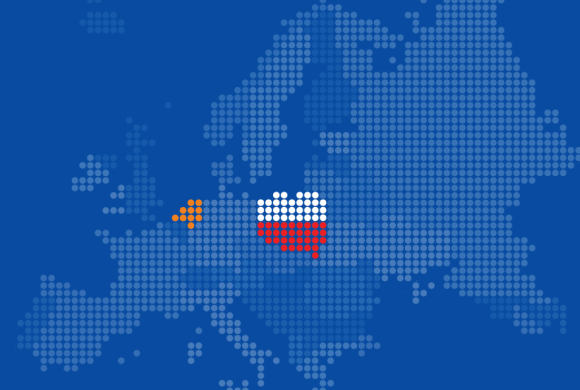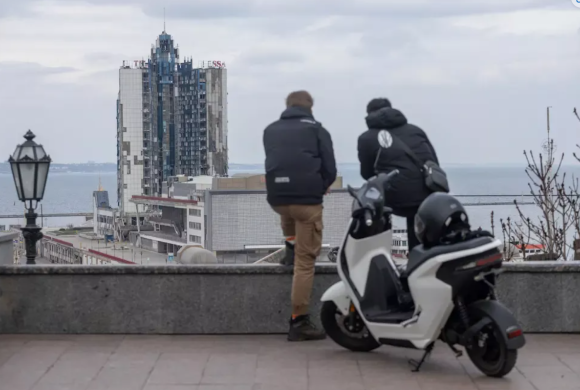Workshop 'Interethnic relations in times of wars: the case of Georgian/Abkhaz and Armenian/Azerbaijani relations'

Abkhaz, Armenians, Azerbaijani and Georgians have long co-existed in a region framed as the South Caucasus. These different ethnic categories result from socio-political constructions that are rarely questioned. Playing a pivotal role in the wars that have unfolded in the region, ethnic categorization is particularly central in shaping current antagonizations. Since the late 1980s, the coexistence of differently ethnicised populations in the South Caucasus has been deeply challenged by a series of conflicts, wars and pogroms. Since 24 February 2022, the co-existence of Abkhaz, Armenians, Azerbaijani and Georgians has been unfolding against the backdrop of Russia’s full-scale invasion of Ukraine, bringing an additional layer of complexity. Moreover, following the dissolution of Nagorno-Karabakh as a de facto political entity and Azerbaijan's complete annexation of the territories in September 2023, significant shifts in regional geopolitics have unfolded. These changes present a complex landscape, fraught with challenges but also offering potential reimaginations for coexistence. Thus, this panel aims to shed light on this daily coexistence, sometimes replicating (geo)political struggles, sometimes overcoming them.
Programme
- Welcome and introduction: Gaëlle Le Pavic (Ghent University; United Nations University – CRIS)
- Presentation of the Eureast Platform and Ukraine-Plus Knowledge Centre: Dmytro Panchuk (Ghent University)
- Women's Agency and Everyday Peace Practices in Armenian-Azerbaijani Coexistence: Sevinj Samadzade (Ghent University; United Nations University – CRIS)
- Whose ethnicity matters? Intermarriage and the gendered dynamics of ethnic (un)mixing in the Georgian-Abkhaz conflict: Andrea Peinhopf (Northumbria University Newcastle)
- Discussion with the audience (20min)
Moderation: Gaëlle Le Pavic





